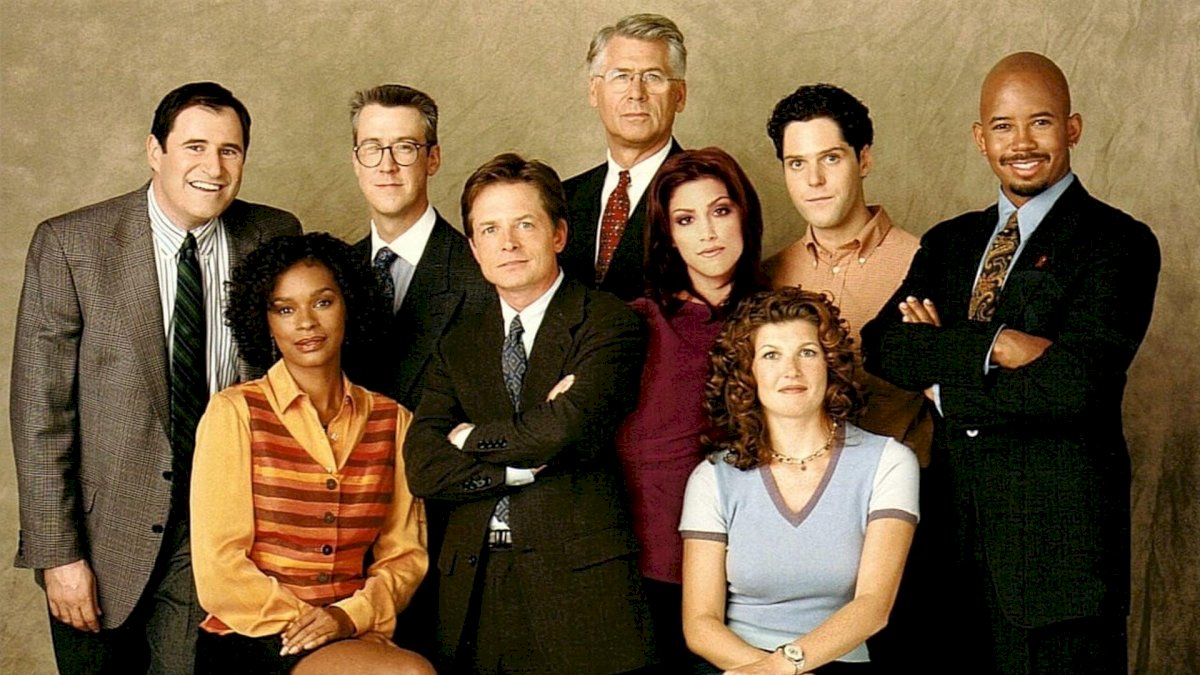In the annals of television comedy, there are few characters as iconic and endearing as Sergeant Ernie Bilko, the scheming, irreverent, and ever-resourceful mastermind of "The Phil Silvers Show." Airing from 1955 to 1959, this classic sitcom, also known as "Sgt. Bilko" or "You'll Never Get Rich," not only provided a steady stream of laughter but also showcased the remarkable talents of its star, Phil Silvers. In this article, we will delve into the history, legacy, and enduring humor of "The Phil Silvers Show."
(Watch the video below)

The Birth of a Classic

"The Phil Silvers Show" made its debut on CBS on September 20, 1955, and quickly captured the hearts of viewers. The show followed the misadventures of Master Sergeant Ernest G. Bilko, a fast-talking, scheming, and conniving army NCO stationed at Fort Baxter. Bilko's main objective was to make money and avoid work, leading him to concoct various hilarious schemes to accomplish his goals, often with an entertaining mix of charm and deceit. The show found its comedic brilliance in the interplay between Bilko and the other members of his platoon, showcasing Phil Silvers' unparalleled talent for delivering rapid-fire dialogue and slapstick humor.
The Genius of Phil Silvers

At the heart of "The Phil Silvers Show" was the comedic genius of its lead actor, Phil Silvers. Born in 1911, Silvers honed his skills as a vaudeville performer before transitioning to film and television. His portrayal of the lovable yet scheming Sgt. Bilko won him critical acclaim, earning him three consecutive Emmy Awards for Best Actor in a Leading Role in a Comedy Series from 1956 to 1958. Silvers' ability to infuse Bilko with both cunning charm and relatable vulnerability made the character an instant classic, endearing him to audiences of all ages.
The Talented Ensemble Cast
While Phil Silvers was undoubtedly the star of the show, the success of "The Phil Silvers Show" owed much to its talented ensemble cast. The supporting characters, including Corporal Rocco Barbella (Harvey Lembeck), Private Doberman (Maurice Gosfield), and Private Zimmerman (Herbie Faye), were perfectly crafted to complement Silvers' comedic style. Each character brought their own unique quirks and comedic talents to the mix, creating a delightful ensemble that added depth and humor to the series.
The Writing Brilliance of Nat Hiken

A crucial factor in the show's success was the exceptional writing talent of Nat Hiken, the creator and head writer of "The Phil Silvers Show." Hiken's witty and clever scripts provided the perfect canvas for Phil Silvers to showcase his comedic brilliance. Hiken's ability to craft humorous situations and sharp dialogue ensured that each episode was a laugh riot from start to finish. Moreover, the writing subtly tackled various social and political issues of the time, making it a show that was not only entertaining but also thought-provoking.
Impact on Television and Popular Culture
During its four-season run, "The Phil Silvers Show" achieved remarkable success in terms of both ratings and critical acclaim. It consistently ranked among the top-rated television programs of its time and garnered widespread recognition, including several Emmy Awards. Its impact on popular culture was significant, with Sgt. Bilko becoming an iconic character who transcended the confines of the small screen. The show's catchphrases, memorable one-liners, and comedic moments found their way into everyday conversations, solidifying its status as a cultural touchstone.
The Show's Enduring Legacy

Though "The Phil Silvers Show" came to an end in 1959, its legacy has endured for over six decades. The show's reruns have continued to entertain new generations of viewers, introducing them to the timeless humor of Phil Silvers and his band of misfit soldiers. Additionally, its influence on future generations of television comedies is unmistakable. Many successful sitcoms, from "MAS*H" to "Seinfeld," have cited "The Phil Silvers Show" as a source of inspiration and a benchmark for comedic excellence.
The Bilko Revivals and Adaptations

Over the years, there have been several attempts to revive or adapt "The Phil Silvers Show" for modern audiences. In the 1960s, a theatrical film adaptation titled "Sergeant Bilko," starring Steve Martin, brought the character to the big screen, although it didn't quite capture the charm of the original series. Later in the 1990s, a new version of "Sgt. Bilko," this time featuring the talented comedian Dan Aykroyd, hit theaters with a similar outcome.
Conclusion
"The Phil Silvers Show," with its unforgettable characters, razor-sharp writing, and Phil Silvers' legendary comedic talent, remains a timeless classic in the history of television. It has left an indelible mark on the medium, inspiring generations of comedians and shaping the landscape of sitcoms for years to come. The show's enduring appeal serves as a testament to the power of exceptional writing, unforgettable characters, and the brilliance of one man, Phil Silvers, who brought Sgt. Bilko to life in a way that continues to resonate with audiences worldwide. As long as there are people who appreciate laughter, camaraderie, and ingenious comedic storytelling, "The Phil Silvers Show" will continue to be celebrated as one of television's greatest achievements.


